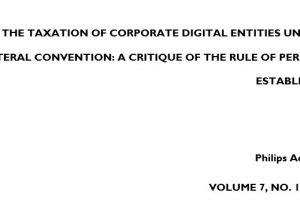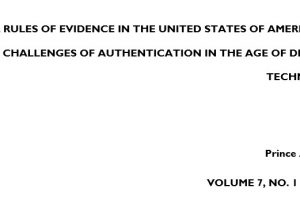A COMPARATIVE APPROACH TO THE FIGHT AGAINST POVERTY IN AFRICA: ANY ROLE FOR SOCIO-ECONOMIC RIGHTS?
Abstract
Socio-economic rights (ESCR) have not enjoyed the same primacy as civil and political rights because some view them as policy statements. In contexts where there are sound social security safety nets, this could be tolerable, but in most of Africa where poverty is prevalent, a different approach is desirable. This article seeks to reflect on the role that effective implementation of socio-economic rights can play in reducing poverty and powerlessness. It begins with a brief reflection on the state of poverty in the region and then assesses the three predominant traditions of socio-economic rights on the continent – justiciable (e.g., South Africa), non-justiciable (e.g., Nigeria), and mixed model (e.g., Ghana) – as potential tools for addressing the current drift below the poverty line. Finally, it provides some ideas on transforming theoretical principles into practical realities for the vast majority of Africa’s peoples.
Keywords: Constitution, development, implementation, justiciability, poverty, rights, and socio-economic.
To read the full article, click here
UNILAG Law Review, (2022) Volume 5 Edition 2
About the Author
Ibe is a criminal justice reform expert, international development practitioner, and senior partner at Goodshare & Maxwells, a consulting firm with specific interests in law and rights, the non-profit sector and international development. He may be reached by email – chijiokeoma@gmail.com and telephone – +234 805 895 9523.




